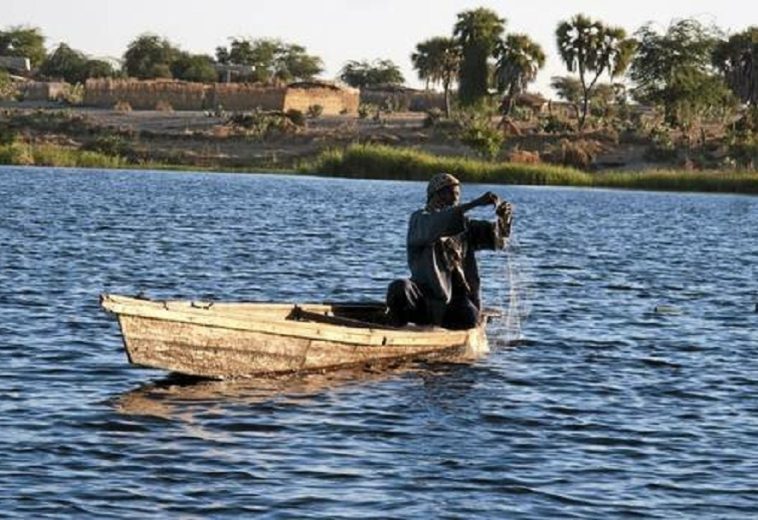Africa is a continent of astounding diversity, home to over 2,000 languages, unique cultural practices, and a vast array of ethnic groups. From the arid expanses of the Sahara to the verdant rainforests of Central Africa, its cultural and linguistic landscapes are as varied as its geography. Bridging these cultural and linguistic divides is both a significant challenge and a remarkable opportunity—one with profound implications for the continent’s future.
Africa’s linguistic diversity is among its most defining features, with over 2,000 languages classified into families such as Afroasiatic, Nilo-Saharan, Niger-Congo, and Khoisan. Nations like Nigeria, with over 500 languages, and Cameroon, with more than 200, highlight the linguistic complexity often present within a single country. For many African communities, language is far more than a tool for communication—it serves as a repository for traditions, a medium for oral history, and a lens through which worldviews are expressed.
READ ALSO: Effects of Urbanisation on Traditional African Cultures
In numerous African countries, communication across ethnic and linguistic lines can prove difficult, particularly in multilingual societies where no single language is universally understood. Each ethnic group has its own customs, social systems, religious beliefs, and way of life. In cases of deep-seated ethnic rivalries, as seen in Rwanda or Sudan, cultural divides have frequently fuelled tensions and conflicts.
The Challenge of Unity in Diversity
For Africa to achieve lasting peace, stability, and economic growth, it must confront the task of bridging these divides. The legacy of colonialism, with its arbitrary borders that disregarded Africa’s intricate ethnic and linguistic realities, has left many countries grappling with demands for political representation and autonomy. In extreme cases, such demands have escalated into calls for secession, as witnessed in South Sudan, Nigeria, and Ethiopia.
Education remains a critical avenue for addressing cultural and linguistic divides. It is often the primary mechanism through which children from varied backgrounds learn to coexist and contribute to their societies. However, in many African nations, education is delivered in colonial languages such as English or French, which can act as barriers, particularly for rural children who grow up speaking indigenous languages.
Promoting indigenous languages is one of the most effective strategies for fostering inclusivity. Countries such as Kenya, Nigeria, and South Africa have embraced mother-tongue education to help children better understand complex concepts while simultaneously instilling pride in their cultural identities. The African Union has also championed the elevation of African languages alongside colonial ones, recognising their essential role in fostering inclusivity and societal cohesion.
The Role of Pan-Africanism and Inclusive Governance
The ideology of Pan-Africanism, which advocates unity and solidarity among African nations and peoples, has experienced a resurgence. Cultural exchange programmes, festivals, and joint artistic ventures now serve as platforms to promote intercultural understanding. Pan-African organisations, including the African Union (AU) and the New Partnership for Africa’s Development (NEPAD), are actively creating frameworks to encourage cooperation between nations, with particular emphasis on cultural and educational integration.
African leaders are increasingly aware of the need to build inclusive political systems that reflect the continent’s diversity. In South Africa, for instance, efforts have been made to ensure all cultural and linguistic groups are represented within political institutions—a key step towards redressing the legacies of apartheid. Similarly, Rwanda’s government has prioritised national unity and reconciliation following the 1994 genocide, fostering a renewed sense of shared identity.
Africa’s diversity, when embraced, is a wellspring of creativity, innovation, and mutual understanding. By promoting indigenous languages, fostering inclusive governance, advancing regional integration, and leveraging technology, the continent can overcome historical barriers to unity. Africa’s true strength lies in its diversity, and by cultivating an environment that celebrates this richness, it can build a future founded on respect, understanding, and shared aspirations.




